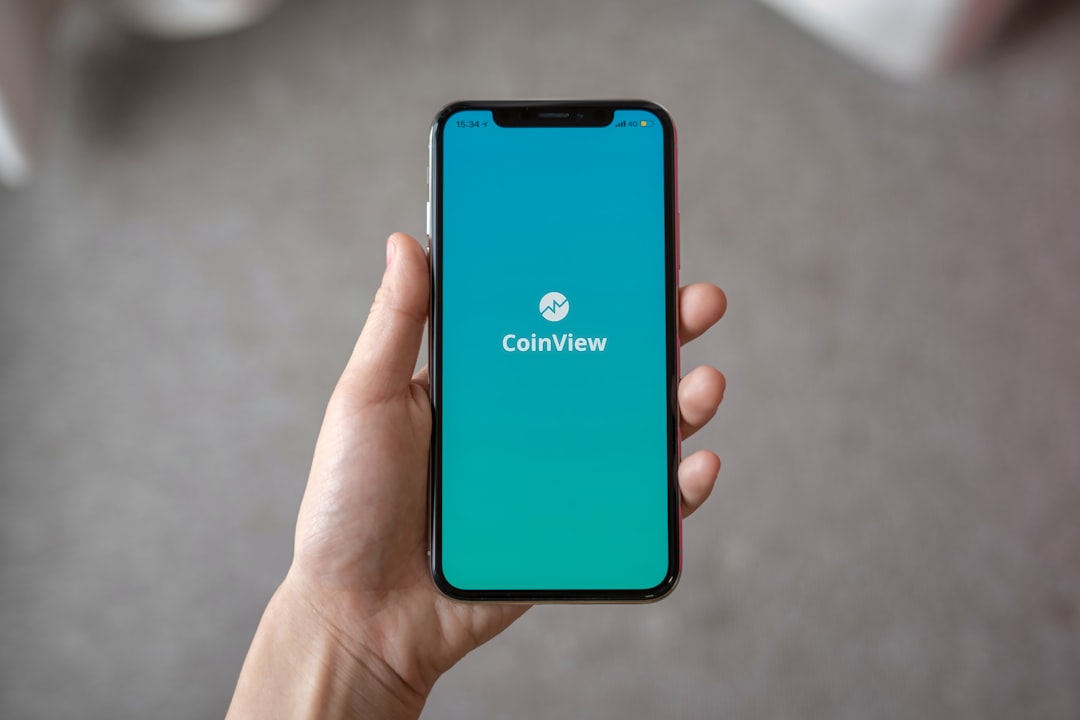Telephone solicitation, especially through automated or prerecorded calls (robocalls), is a significant issue in Florida, where strict consumer protection laws exist. Floridians are increasingly exploring their legal rights to sue for robocalls due to the surge of consumer complaints during election seasons. With data showing Florida among the top states for robocall-related complaints and growing interest in blocking nuisance calls, residents are paying closer attention to state regulations and seeking legal protections against abusive telemarketing practices, including consulting attorneys specializing in consumer protection law.
In today’s digital age, telephone solicitation practices have evolved, with robocalls becoming a ubiquitous nuisance across Florida. This article delves into recent trends in consumer complaints related to these practices, shedding light on the escalating frustration among Floridians. We explore how changing tactics, from personalized sales pitches to unwanted bulk messages, are impacting residents. Furthermore, we examine legal options available to those affected, specifically focusing on whether one can sue for robocalls in Florida and the potential avenues for recourse.
Understanding Telephone Solicitation and Robocalls in Florida

Telephone solicitation, particularly through automated or prerecorded messages (often referred to as robocalls), has become a pervasive issue in Florida and across the nation. These unsolicited calls often invade residents’ personal time, promoting various products, services, or even political campaigns. In Florida, where consumer protection laws are stringent, understanding these practices is essential for both businesses and consumers.
Robocalls can be a legitimate marketing strategy when used ethically, but many Floridians find them intrusive and misleading. The increase in such calls has sparked a surge of consumer complaints, especially regarding political campaign robocalls during election seasons. Given the prevalence of these unsolicited phone calls, it’s no surprise that many residents wonder, “Can I sue for robocalls in Florida?” Indeed, knowledge of one’s rights is empowering, and consumers are increasingly taking action against violators of telephone solicitation regulations.
Recent Trends in Consumer Complaints: A Deep Dive

In recent years, consumer complaints about telephone solicitation practices, particularly robocalls, have seen a significant surge across Florida. This trend reflects a growing concern among residents over unsolicited and often intrusive calls, which can include marketing messages, debt collection attempts, or even scam schemes. Data from the Federal Communications Commission (FCC) indicates that Florida ranks among the top states in the nation for consumer complaints related to robocalls and telemarketing practices.
The increase in these complaints highlights a changing landscape where consumers are more tech-savvy and better equipped to recognize and report unwanted calls. With advancements in call blocking technologies, many residents are taking proactive measures to curb the nuisance of robocalls. Moreover, the prevalence of “Can I Sue For Robocalls Florida?” queries online underscores the legal interest and potential consequences associated with abusive telephone solicitation practices. This shift in consumer behavior and awareness is driving a deeper exploration of state regulations and legal options available to protect residents from intrusive telemarketing activities.
Legal Recourse: Can You Sue for Robocalls in Florida?

In Florida, as in many other states, unwanted telephone solicitations, particularly through automated or prerecorded calls (often referred to as “robocalls”), have become a persistent issue. While federal laws like the Telephone Consumer Protection Act (TCPA) offer some protections against these practices, individuals may still wonder: Can I sue for robocalls in Florida?
The answer is yes. If you’ve received unsolicited calls using automated dialing systems or prerecorded messages and have exhausted attempts to stop them, you may have legal recourse. Florida consumers can take action against companies or individuals engaging in abusive telephone solicitation practices, potentially seeking damages for each violation of the TCPA. Consulting with an attorney specializing in consumer protection law is advisable to understand your rights and explore potential legal options.






